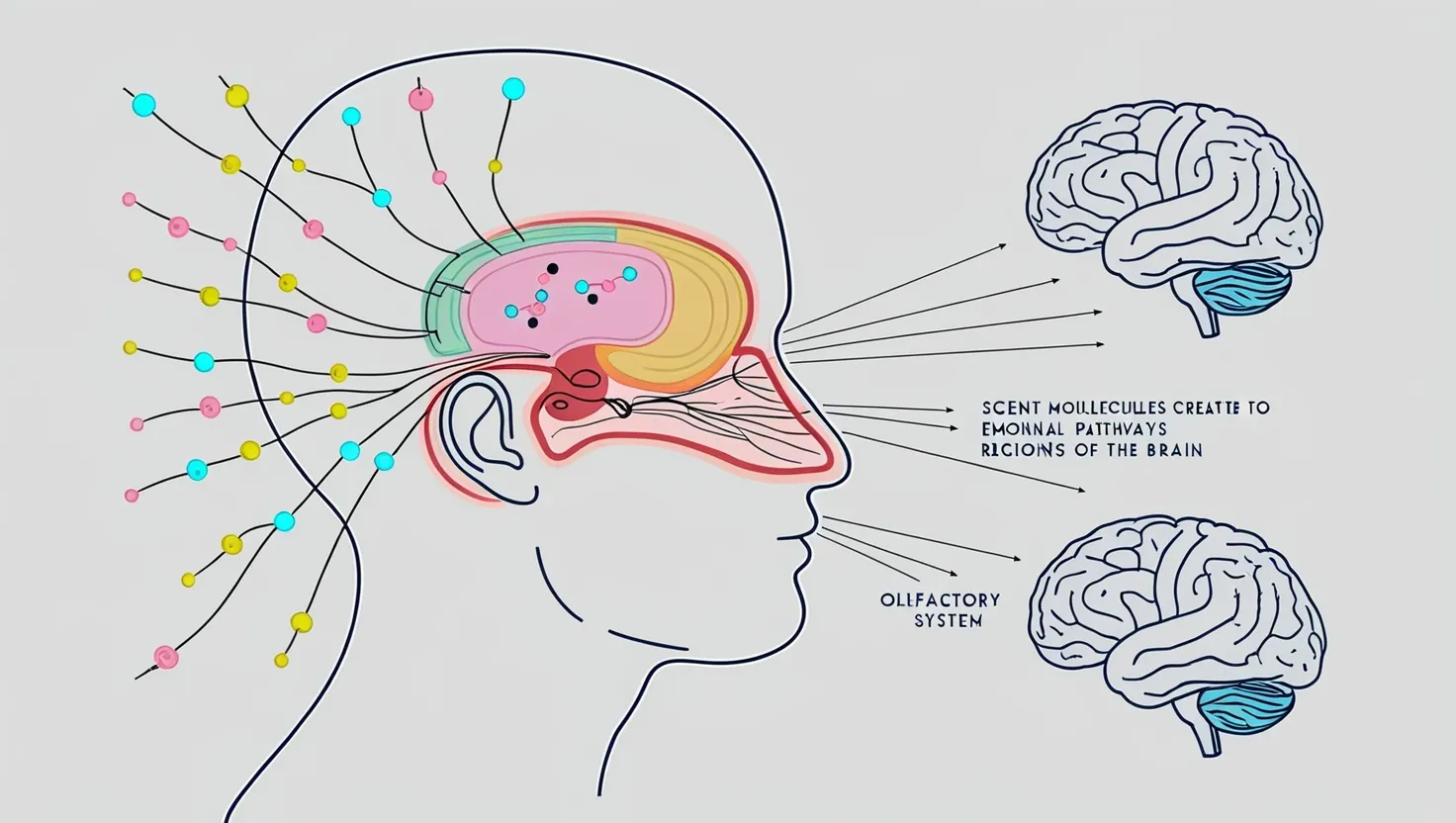Most airline accidents have a surprisingly high survival rate, with statistics showing over 80% of passengers make it out alive. This is largely thanks to constant improvements in safety and aircraft technology. But sometimes, pure luck plays a part too.
Take the case of Amelia Virginia. On this day, the plane isn’t flown by a seasoned pilot. In fact, the guy behind the controls has never flown a plane in his life. Imagine the scene: he’s convinced the airport manager to let him taxi his new plane down the runway, only to end up airborne with zero experience.
He’s in the air, confused, and unsure of what to do next. Miraculously, despite his lack of knowledge, he manages to land the plane—battered but in one piece. How did he pull off such a feat?
Flying an airplane, at its core, is about applying thrust with the engine. While taxiing, adding a bit more thrust accelerates the plane. If it reaches a critical speed, the plane won’t have enough space to stop before the runway ends, so pulling back the yoke (essentially a steering wheel) lifts the nose, and suddenly, this ground-hugging machine transforms into a bird.
Now airborne, the novice pilot faces another challenge: steering and landing. The yoke operates like a car’s steering wheel. Turning it left or right moves the ailerons on the wings, causing the plane to bank and turn. He realizes he can circle back and align with the runway.
To land, he needs to stabilize the plane using the control wheel, line it up with the airstrip, and manage the throttle carefully. When close to the ground, pushing the control wheel forward allows for a gentle touchdown, ideally with the back wheels first. Lowering the flaps reduces speed but maintains enough lift for a smooth approach.
As incredible as it sounds, this guy somehow pulls it off. It’s the sort of story that belongs in a movie scene—but definitely not something to try at home!
So, while technology and training are essential, sometimes a little bit of luck is all you need to get back on the ground safely.






